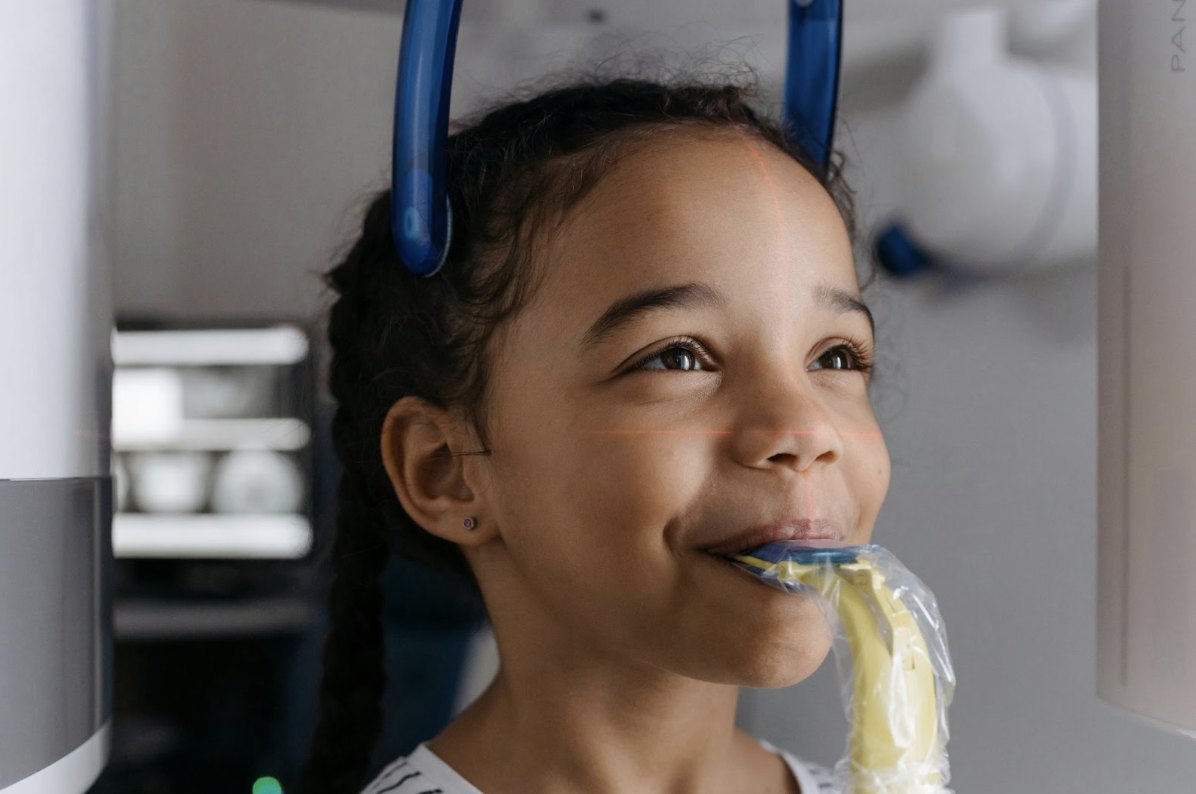Managing Dental Emergencies in Young Children

When children experience dental emergencies, it can be a stressful time for both the child and the parents. Young children may struggle to communicate their discomfort, and parents often feel helpless when faced with an urgent situation. Understanding common dental emergencies and knowing how to respond can make a significant difference in how effectively you can handle the situation. In this guide, we’ll explore strategies for managing these pressing dental issues and how to ensure your child receives prompt and effective care.
Common Dental Emergencies in Children
Children face various dental emergencies, ranging from minor to severe issues. Some of the most common problems include knocked-out teeth, broken or fractured teeth, and severe toothaches. A knocked-out tooth typically occurs during sports activities or falls, which can happen frequently when kids play. Parents should remember that if a tooth is knocked out, it is crucial to seek immediate help. Attempt to find the lost tooth, holding it by the crown and avoiding touching the roots. Rinse it gently with water and, if possible, place it back into the socket. If returning the tooth isn't an option, keep it moist in milk or saline until you can see a dentist.
Fractured teeth require attention as well. The extent of the fracture can vary significantly, and the treatment will depend on the severity. Severe fractures can expose the dental pulp, potentially leading to infections. Visiting a kids dentist who specializes in young patients is important for proper diagnosis and treatment. Lastly, toothaches can result from various underlying issues, including cavities, gum infections, or misplaced teeth. Identifying the cause of the pain helps determine the best approach to alleviate your child’s discomfort.
Steps to Take During a Dental Emergency
Children are often sensitive to parental anxiety. Your demeanor can significantly impact how they cope with the situation. Assess the injury by evaluating your child's condition and symptoms. Check for bleeding, swelling, and visible injuries, such as fractured teeth or large traumas to the mouth. If your child is in significant pain, administering child-friendly pain relief medication may help until you get professional assistance. Always consult with your healthcare provider or pharmacist about appropriate dosages.
After assessing the injury, contact your child's dentist immediately. If your child's dentist cannot see you, seek an emergency dental clinic specializing in pediatric care. Make sure to explain the situation thoroughly and provide any relevant information regarding previous dental work or additional medical conditions. It will help the dentist prioritize your child’s care effectively.
Flooring Precautions to Prevent Dental Emergencies
Implementing strategies to avoid dental emergencies is just as important as knowing how to react when they occur. Encouraging kids to wear mouthguards during recreational activities, contact sports can significantly minimize the risk of dental injury. Mouthguards create a buffer that absorbs shock during impacts, reducing the likelihood of broken or lost teeth.
Teaching children proper oral hygiene is vital. Regular brushing and flossing can help prevent cavities that lead to painful toothaches. Routine dental check-ups play a key role, too. The American Academy of Pediatric Dentistry suggests scheduling visits every six months. At these appointments, dentists can identify potential issues, ensuring any needed treatment occurs before problems escalate.
Understanding Your Child’s Emotional Needs
Dental emergencies are often accompanied by fear and anxiety in young children. Encouraging your child to express their feelings can help. Let them talk about their fears regarding dental visits or any pain they’re experiencing. Acknowledge their feelings and provide reassurance that they will be okay. Familiarizing them with the dental office environment can reduce anxiety.
Consider a gentle approach when discussing dental emergencies. Avoid using scary language that might frighten your child. Instead, explain dental procedures in simple terms that they can understand. Practicing relaxation techniques like deep breathing before a dental appointment can be beneficial. These strategies help children feel more comfortable during emergency visits and regular check-ups.
Signs Your Child Needs Urgent Care
Some situations require immediate dental care. If your child experiences severe pain, excessive bleeding, or injuries resulting in a dislocated jaw, visiting a dental emergency room without delay is crucial. Observe for any signs of infection, such as swelling, fever, or pus around the affected area. These symptoms can indicate the need for antibiotics or other interventions.
If teeth are knocked out and unable to be replanted, urgent care may be necessary to assess the area for potential infection or damage to surrounding teeth. Ensuring timely treatment can help maintain a child’s dental health and well-being.
Follow-Up Care After a Dental Emergency
Once the immediate concerns of the emergency are addressed, focus on follow-up care to optimize your child's recovery. Adhere strictly to the dentist’s post-treatment instructions regarding medications, dietary restrictions, and follow-up appointments. Regular follow-up visits will help monitor your child’s recovery and ensure that no further complications arise.
Reinforce good oral hygiene practices at home. Encourage children to maintain healthy habits like brushing at least twice a day and avoiding sugary snacks. Educating them about nutrition and its impact on dental health lays the foundation for lifelong habits, ensuring they remain empowered over their dental care.
Selecting a dentist skilled in pediatric care is crucial for managing dental emergencies effectively. Look for board-certified pediatric dentists who have experience working with children. These professionals often have special training to handle the emotional and physical needs of young patients appropriately.
Research local dental practices, read reviews, and seek recommendations from other parents. A friendly and inviting office environment can make visits less intimidating for your child. Understanding treatment options available at your pediatric dentist's office can prepare you for potential future needs, ensuring your child is in capable hands.






